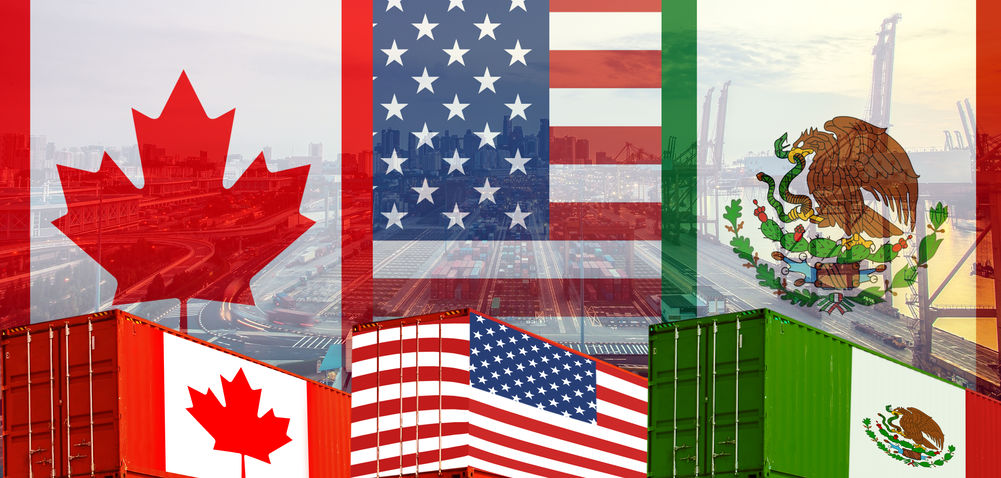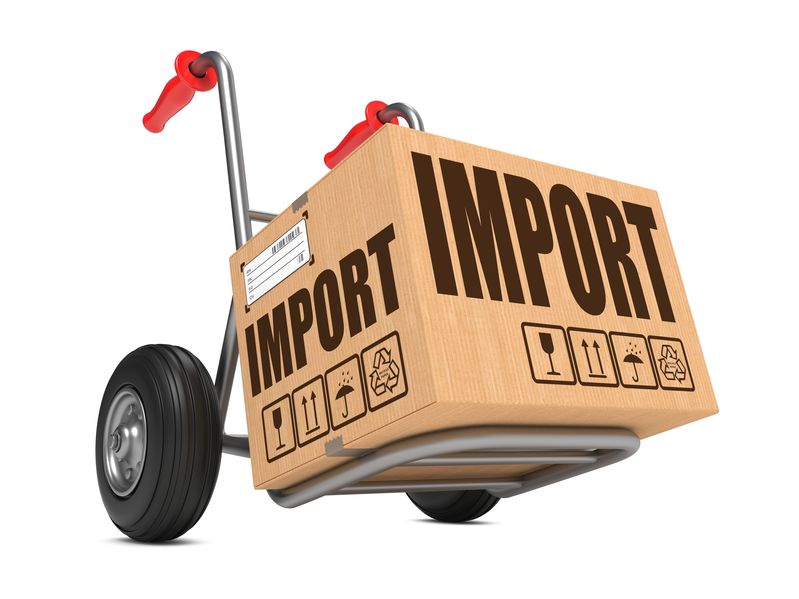We share hands-on advice for everyday trade and logistics challenges. Access insights and actionable strategies that drive certainty, continuity, and compliance across your operations.
Blockchain technology and the container shipping industry

What is blockchain? Blockchain technology is a computer-based open-source system for undertaking and tracking transactions. With an agreed-to network of interconnected participants, a blockchain eliminates the need for third party oversight traditionally provided by a bank or online tracking portal.
Cargo Insurance: Are you covered?

All kinds of little things can go wrong to delay or damage your goods while in transit. And since a lot of those things are outside of your control – doesn’t it make sense to insure your goods, just in case?
NAFTA – Who’s won? Who’s lost?

*USMCA/CUSMA replaced NAFTA on July 1st, 2020. Read More... NAFTA – the North American Free Trade Agreement – came into effect on January 1, 1994, building upon the Canada-U.S. free-trade deal of 1988 and creating the largest free-trade area in the world.
CETA update: September 21 = Implementation Day!

CETA, the Comprehensive Economic and Trade Agreement, is an agreement between Canada and European Union member states (see the list of countries in our CETA blog from last fall) and is on the verge of being a reality.
Exporting Goods from the United States

Every year, U.S. companies export over two trillion dollars’ worth of goods and services. If you want your business to get in on the action, it’s important to do it right – right from the start. Here's how:
Importing a Vehicle from the U.S. into Canada

You’ve probably heard about – and you may even know – someone who’s found a great deal on a car in the U.S. and is now happily driving it on Canadian soil. But what’s involved in importing, and how do you know whether the car you’re considering will be allowed across the border?
The Importance of Correct Tariff Classification: Get it Right the First Time

Importers have an obligation to correctly classify their goods for tariff classification, and to understand the potential ramifications of incorrect tariff classification.
Importing printed material? New potential opportunities!

We all know that different types of goods mean different rates of duty at the border. What’s not as intuitive is understanding the distinction between similar items and knowing what classification category an item belongs to for the purpose of assigning duty.
Heads up! CBSA is serious about compliance.

We all know that an audit – or Trade Compliance Verification – by the Canada Border Services Agency (CBSA) is a looming possibility for anyone involved in cross-border trade. And recently it seems that audits are becoming more frequent.

